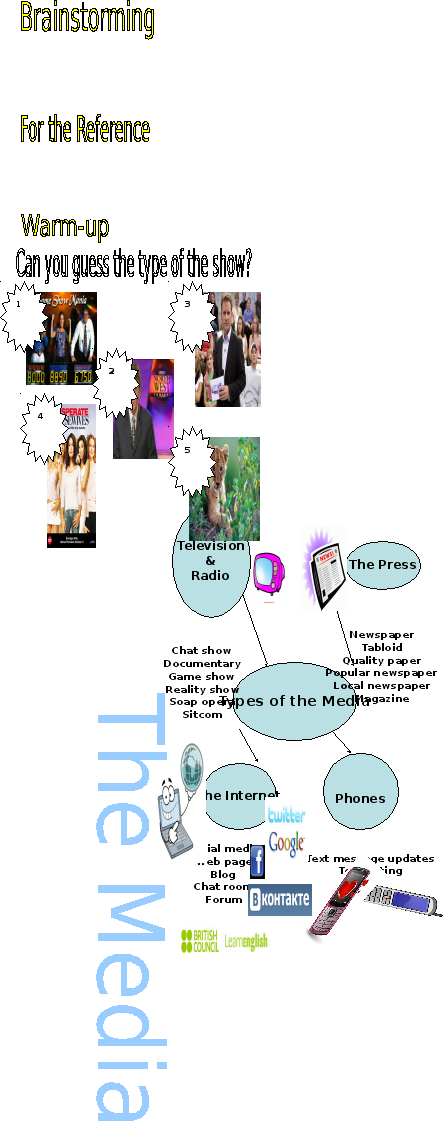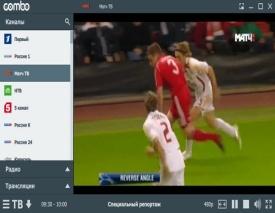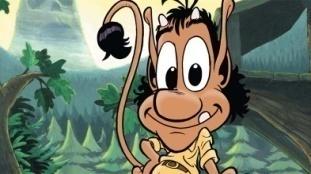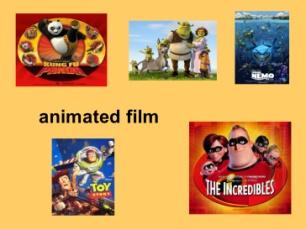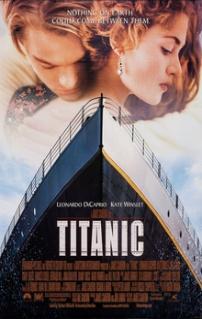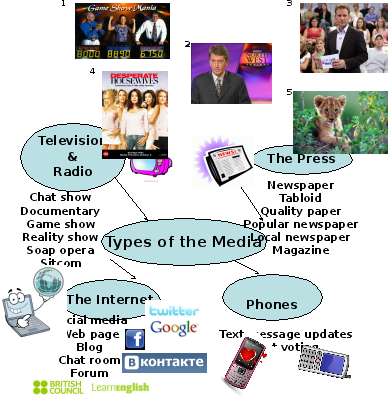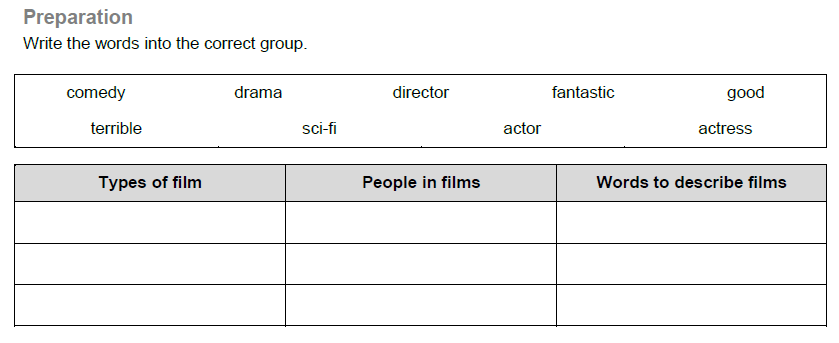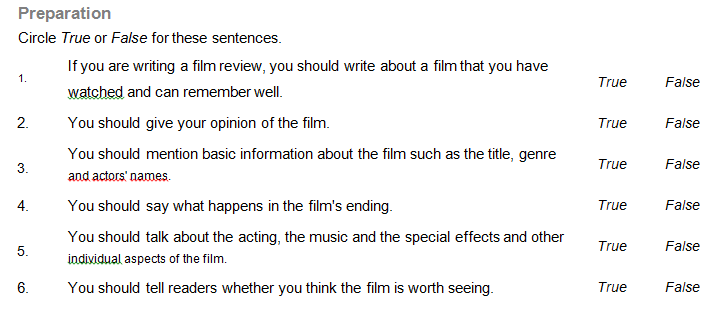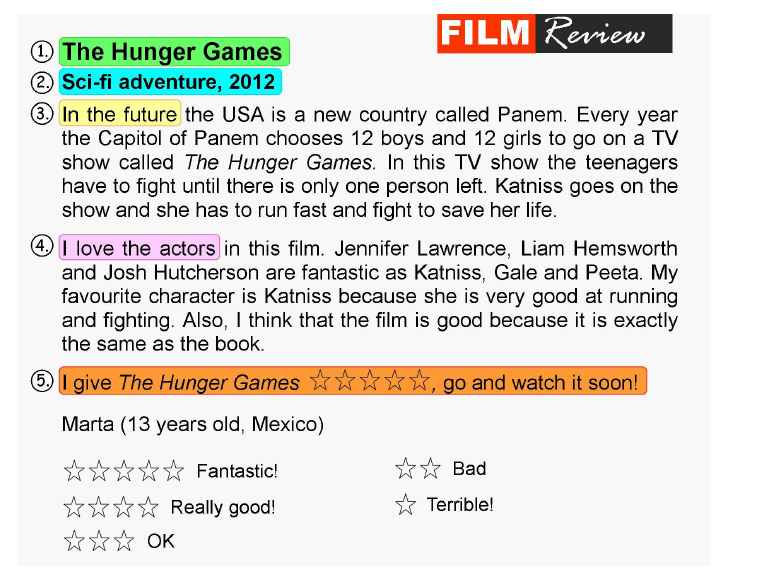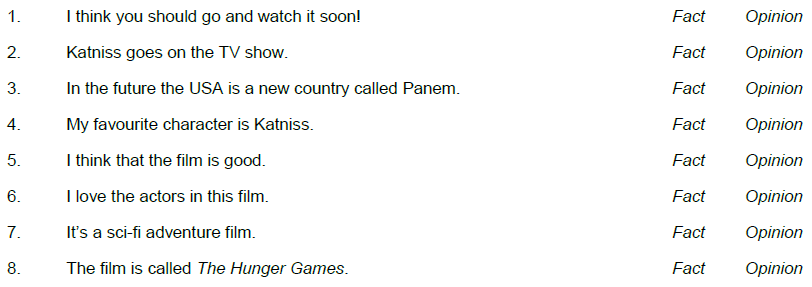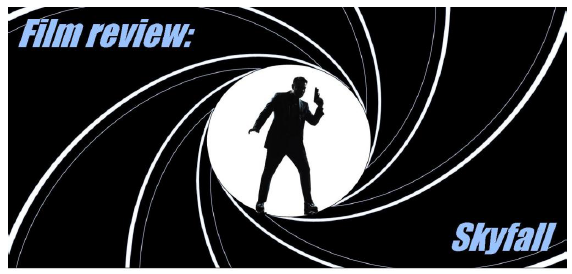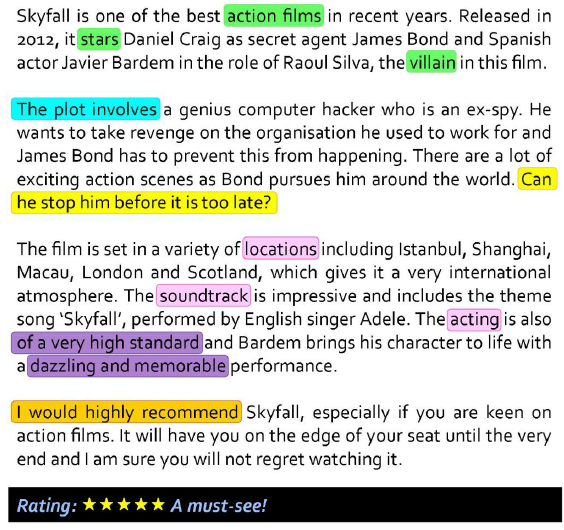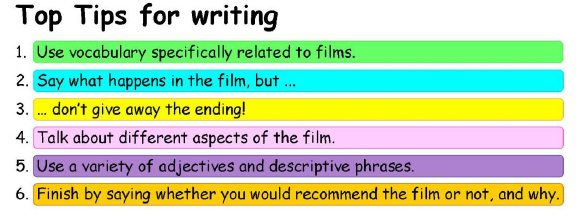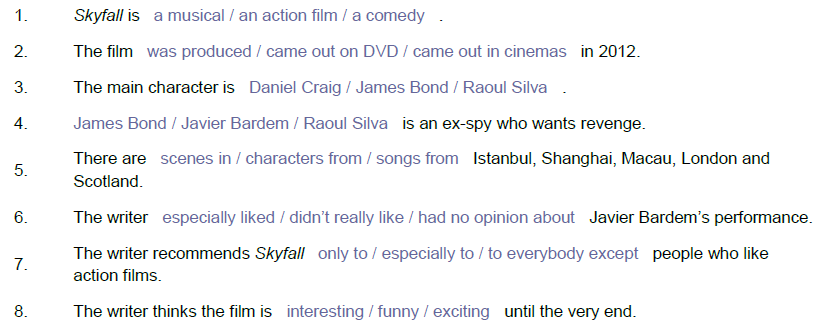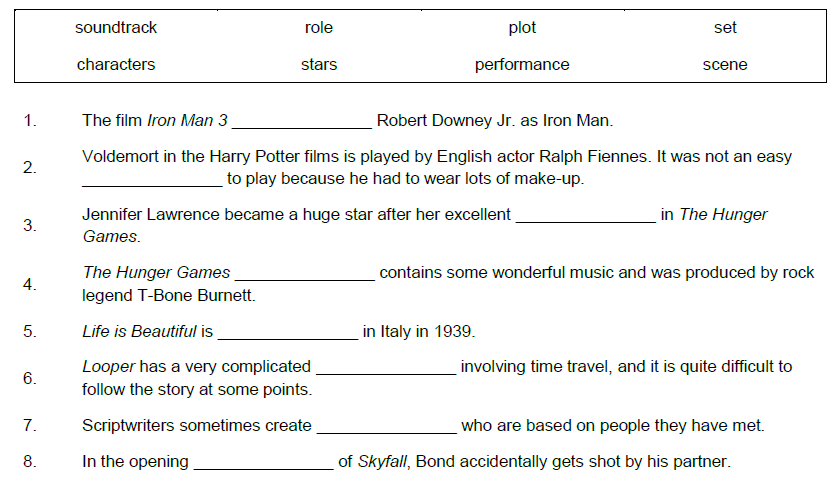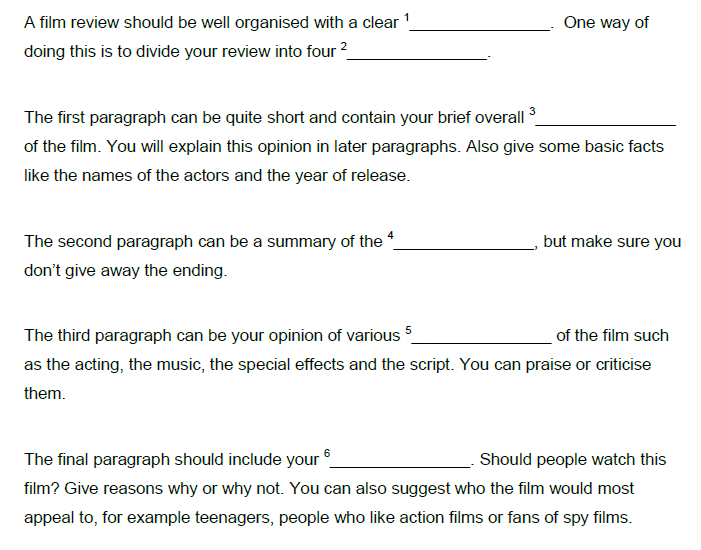7.3B Entertainment and Media Term 3 Unit 2 School: № 7
Date:__23. 06.2017____ Teacher’sname: Nurgalieva Venera.
Grade 7 __ Number present: Number absent:
Theme of the lesson: Focusing on TV programmes and films.
Learning objectives. 7.R3 understand the detail of an argument on a growing range of familiar general and curricular topics, including some extended texts
7. S3. Give an opinion at discourse level on a growing range of general and curricular topics.
7. L3.understand with some support most of the detail of an argument in extended talk on a limited range of general and curricular topics.
Lesson objectives All learners will be able to:
• Speak abou t the favourite films using the topic vocabulary.
• Read and do the preparation task (mark sentences as True or False or write words in correct group);
Most learners will be able to:
• Understand information about the films paying attention to the specific details with minimal support.
• Speaking about favourite films and TV programmes using the topic vocabulary with support.
Some learners will be able to:
- Understand information about the films paying attention to the specific details without support.
Speak about the favorite films using the topical vocabulary without support.
Language objective: To read and talk about TV programmes and film genres. Documentary, Thriller,Comedy,Soap opera,Game, Quiz- show, show,Fantastic,Since fiction,Cartoon, Drama, melodrama, horror film.
Useful classroom language: Very good! Excellent! You are right!
Discussion points:
What is your favourite TV programme?
Who is your favourite actor or actress?
Writing prompts: pictures, smiles, cards.
Level of thinking. Understanding, Comprehension.
Value links
Responsibility, Global Citizenship.
Crosscurricular links Art
Previous learning Reading for pleasure
Assessment criteria: -recognize factual details in a given argument related to the curricular topics including text.
-Provide a point of view in connected discourse.
- recognize general basic questions without support.
Main p art
Starts.
3min
10 min.
Middle.
Organization moment:
Greeting!
Group-division
Divide learners into groups. Learners should take the cards with the names of the film genres and their definition of the genre the definition of the genre the names of the films from a group(genre,definition,films)
The main part of the lesson.
To guess the topic showing the picture.
.
To open the theme with the pictures.
What are your favourite films and TV-programmes?
How do you think what about todays new theme?
Vocabulary :
Repeat after me!
Documentary- деректі филъм
Thriller- триллер
Comedy- комедия
Soap opera - опера
Game show- ойын шоу
Fantastic - ғажайып
Since fiction- ғылыми фантастика
Cartoon- мултъфилм
Drama- драма
Horror-қорқынышты филъм
News-жаңалықтар.
Weather forecast- ауа райы болжамы.
Strategy 1.
Brainstorming. (Whole group)
T: Pupils associate words to the types of media and film genres
n
Feed back- finger.
Strategy 2.“Just a minute”
Listening and speaking (individually)
Task: listen to three people talking about the films.
Listen to three people talking about the films they like. Which types of film does each: like/ not like? Why?
Jane: likes comedy. They make her relax and laugh. She does not like fantasies because thinks they are not realistic.
Steve; Likes since fiction films because he likes the special effects. He does not like dramas because he thinks they are to slow.
Susan: Likes computer-animated films because she thinks they are funny and clever. She does not like science-fiction films and westerns because she thinks they are boring.
Feed back: smiles
Read the text. (whole group)
Task:
a) Tell your opinions about these films and genres.
b) Name the words according according to our theme “TV-programmes and film genres”
c) Mark 7 sentences true or false T,F or DS(does not say)
1. WALL-E was directed by Andrew Stanton. (T)
2. WALL-E lives on Earth. (T)
3. WALL-E is very clever..(DS).
4. Terminator Genisys takes place at several different times..(T)
5. The X-Men can travel through time .(T).
6. Terminator Genisys about robots and fighting people. ..(DS)
7. Apocalypse is a friend of the X-Men..(F).
Discriptor:
-Name the words according to the theme
-Mark the sentences from the text. T or F.
- Tell opinions about these films
Divided in 3 group with the cards.
To show the pictures and find the names of topic.
PPP 1
To show the video.
https://www.youtube:com/watch?v=zBCO6RUfkLM.
Paper, marker.
Teacher gives paper and marker to the learners.
Learners to stick the stickers on the paper in the correct place.
teacher t urns on type recording to the groups for listening the topic.
Learners take it in turns to speak for one minute about the topic of the lesson without repetition, pause or mistake.
Teacher divides the text to three group. Learners read the text and doing the exercise.
Book, copybook.
Excell ex-7.p modul 6 p 65.
Excell, reading 6 a, p 65
Differenciation.
5 min.
End. • Reflection answer the questions.
What have you learnt today?
Could you write the structure of a film?
What was the most difficult during writing task?Do you have any questions on the theme “TV programmes and films”?
Then teacher gives some comments for better achievements.
• Home task
Read different film or TV programmes in the internet and prepare for the unit “Entertainment and Media”.
End
1min Feedback: Teacher asks learners what task was difficult to them and which pair worked well.
Additionalinformation
Differentiation – how do you plan to give more support? How do you plan to challenge the more able learners?
Assessment – how are you planning to check learners’ learning? Cross curricular.
Art.
All learners read the text and answer true or false.
More learners to find new words in this theme.
Some learners speak about types of film genres. Brainstorming strategy: learners associate words to the types of media and film. Finger.
“Just a minute”-
Teacher assess with smile.
Differentiation task:
Teacher assess to learners
Descriptor.
Lesson is connected with Art.
Summary evaluation
What two things went really well (consider both teaching and learning)?
1: Brainstorming was activity and the learners’ activity and motivation.
2: For the whole-class activity it is better to start describing some older films or classic ones
What two things would have improved the lesson (consider both teaching and learning)?
1:strategy “just a minute”
2 :Reading.
What have I learned from the lesson about this class or individuals that will inform my next lesson?
v
7.3B Entertainment and Media Term 3 Unit 2 School: № 7
Date:__23. 06.2017____ Teacher’sname: Nurgalieva Venera.
Grade 7 __ Number present: Number absent:
Theme of the lesson: Focusing on TV programmes and films.
Learning objectives. 7.R3 understand the detail of an argument on a growing range of familiar general and curricular topics, including some extended texts
7. S3. Give an opinion at discourse level on a growing range of general and curricular topics.
7. L3.understand with some support most of the detail of an argument in extended talk on a limited range of general and curricular topics.
Lesson objectives All learners will be able to:
• Speak abou t the favourite films using the topic vocabulary.
• Read and do the preparation task (mark sentences as True or False or write words in correct group);
Most learners will be able to:
• Understand information about the films paying attention to the specific details with minimal support.
• Speaking about favourite films and TV programmes using the topic vocabulary with support.
Some learners will be able to:
- Understand information about the films paying attention to the specific details without support.
Speak about the favorite films using the topical vocabulary without support.
Language objective: To read and talk about TV programmes and film genres. Documentary, Thriller,Comedy,Soap opera,Game, Quiz- show, show,Fantastic,Since fiction,Cartoon, Drama, melodrama, horror film.
Useful classroom language: Very good! Excellent! You are right!
Discussion points:
What is your favourite TV programme?
Who is your favourite actor or actress?
Writing prompts: pictures, smiles, cards.
Level of thinking. Understanding, Comprehension.
Value links
Responsibility, Global Citizenship.
Crosscurricular links Art
Previous learning Reading for pleasure
Assessment criteria: -recognize factual details in a given argument related to the curricular topics including text.
-Provide a point of view in connected discourse.
- recognize general basic questions without support.
Main p art
Starts.
3min
10 min.
Middle.
Organization moment:
Greeting!
Group-division
Divide learners into groups. Learners should take the cards with the names of the film genres and their definition of the genre the definition of the genre the names of the films from a group(genre,definition,films)
The main part of the lesson.
To guess the topic showing the picture.
.
To open the theme with the pictures.
What are your favourite films and TV-programmes?
How do you think what about todays new theme?
Vocabulary :
Repeat after me!
Documentary- деректі филъм
Thriller- триллер
Comedy- комедия
Soap opera - опера
Game show- ойын шоу
Fantastic - ғажайып
Since fiction- ғылыми фантастика
Cartoon- мултъфилм
Drama- драма
Horror-қорқынышты филъм
News-жаңалықтар.
Weather forecast- ауа райы болжамы.
Strategy 1.
Brainstorming. (Whole group)
T: Pupils associate words to the types of media and film genres
Feed back- finger.
Strategy 2.“Just a minute”
Listening and speaking (individually)
Task: listen to three people talking about the films.
Listen to three people talking about the films they like. Which types of film does each: like/ not like? Why?
Jane: likes comedy. They make her relax and laugh. She does not like fantasies because thinks they are not realistic.
Steve; Likes since fiction films because he likes the special effects. He does not like dramas because he thinks they are to slow.
Susan: Likes computer-animated films because she thinks they are funny and clever. She does not like science-fiction films and westerns because she thinks they are boring.
Feed back: smiles
Divided in 3 group with the cards.
Excell, reading 6 a, p 65
Differenciation.
5 min.
End. • Reflection answer the questions.
What have you learnt today?
Could you write the structure of a film?
What was the most difficult during writing task?Do you have any questions on the theme “TV programmes and films”?
Then teacher gives some comments for better achievements.
• Home task
Read different film or TV programmes in the internet and prepare for the unit “Entertainment and Media”.
End
1min Feedback: Teacher asks learners what task was difficult to them and which pair worked well.
Additionalinformation
Differentiation – how do you plan to give more support? How do you plan to challenge the more able learners?
Assessment – how are you planning to check learners’ learning? Cross curricular.
